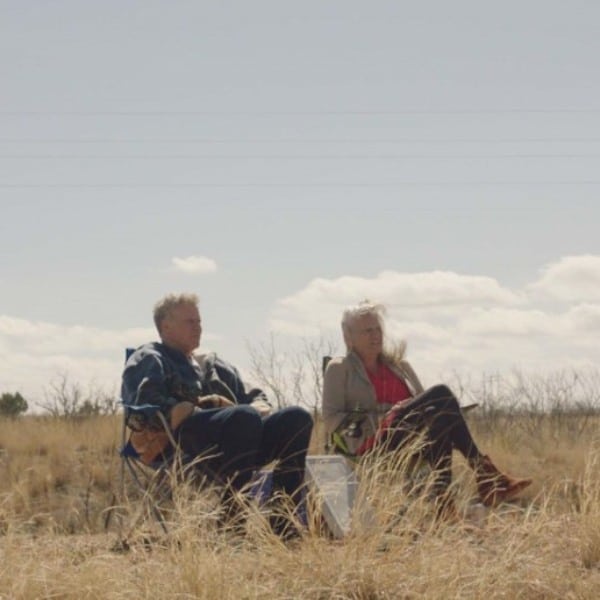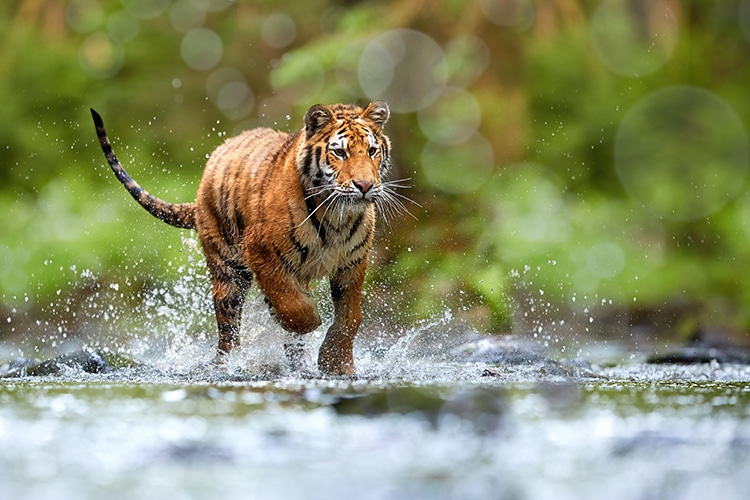
Photo: Stock Photos from MARTIN MECNAROWSKI/Shutterstock
Traveling circuses have wowed viewers around the world for over 100 years. Acrobats, trained elephants, and clown cars are standard fare under the “Big Top.” However, animal rights activists have long critiqued acts which use wild animals. This month, France's environmental minister announced a ban preventing wild animals from performing in traveling shows. The nation joins over 20 other European countries with similar prohibitions in an effort to bring the treatment of wild animals in line with modern best practices.
The French ban began as a grassroots movement, with over 400 local officials enacting similar rules within their jurisdictions. Minister Barbara Pompili—who announced the new rules—cited ethical concerns for the “welfare of captive wildlife.” Tigers, elephants, lions, and bears usually roam great distances in their wild habitats. Circus animals spend long hours in small cages and are sometimes forced to perform when sick. At a press conference, the minister declared, “It is time that our ancestral fascination with these wild beings no longer translates into situations where their captivity is favored over their welfare.”
The new rules will also apply to French marine parks, called dolphinariums. Breeding of dolphins and captive killer whales must stop. Marine animals, like their circus peers, will be housed in wildlife sanctuaries. These rules are intended to phase in over the next few years. To avoid leaving behind human workers, the government has allocated eight million euros to retrain the circus and dolphinarium workforce. The minister emphasized a sense of collaboration. “We are asking [the circuses] to reinvent themselves, this is going to be a period when they will need support, and the state is going to be at their side,” she said. “That transition will be spread over several years, because it will change the lives of many people.”
To learn more about the history of circus animals, you can read about the famous Ringling circus on National Geographic. You can also learn more on animal welfare websites.
France has announced a ban on using wild animals in traveling circuses.
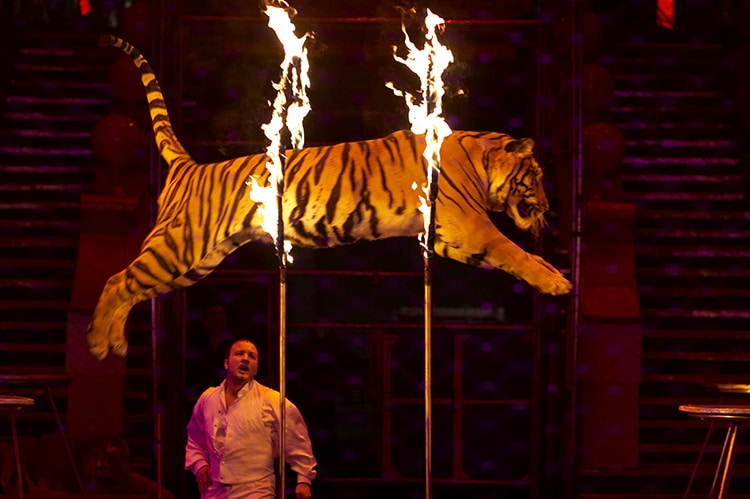
Photo: Stock Photos from SERGEY PETROV/Shutterstock
The new rules derive from ethical concerns across Europe about the abuse and poor quality of life faced by lions, tigers, and elephants in captivity.
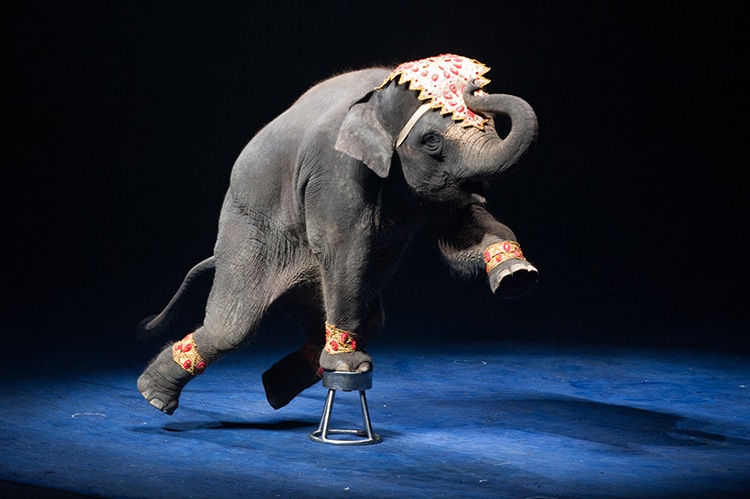
Photo: Stock Photos from HELLORF ZCOOL/Shutterstock
French marine parks, known as dolphinariums, will also be subject to closure. Animals will be rehoused in sanctuaries.
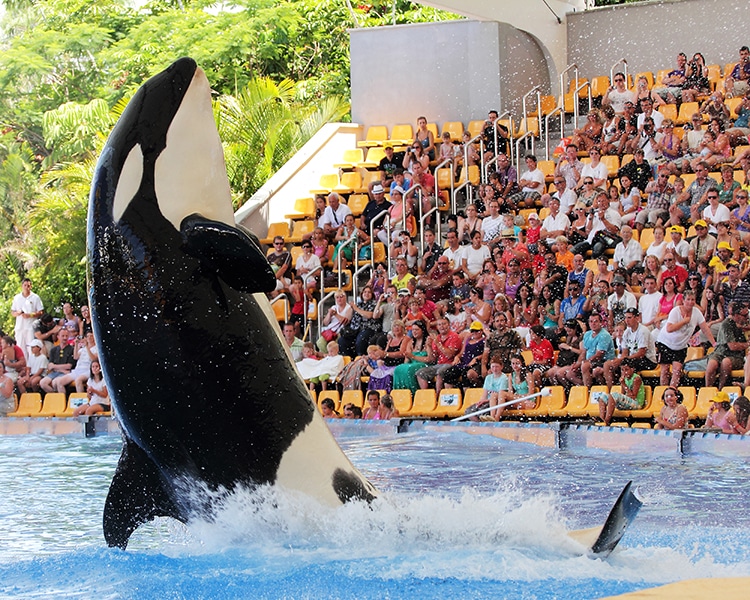
Photo: Stock Photos from MIKE PRICE/Shutterstock
Circuses will still have human and domestic animal performers. The government has dedicated millions of euros to retraining wildlife animal workers for new roles.

Photo: Stock Photos from STOCKPHOTOVIDEO/Shutterstock
h/t: [UNILAD]
Related Articles:
Breathtaking Photo of Bengal Tiger Taking a Stroll in Front of Ancient Ruins
Kenya Is Having an Elephant Baby Boom With Its Population More Than Doubling
Denmark Adopts Country’s Last Circus Elephants to Give Them Peaceful Retirement
Cambodia Takes a Stand and Bans Elephant Rides at Angkor Wat






















































































